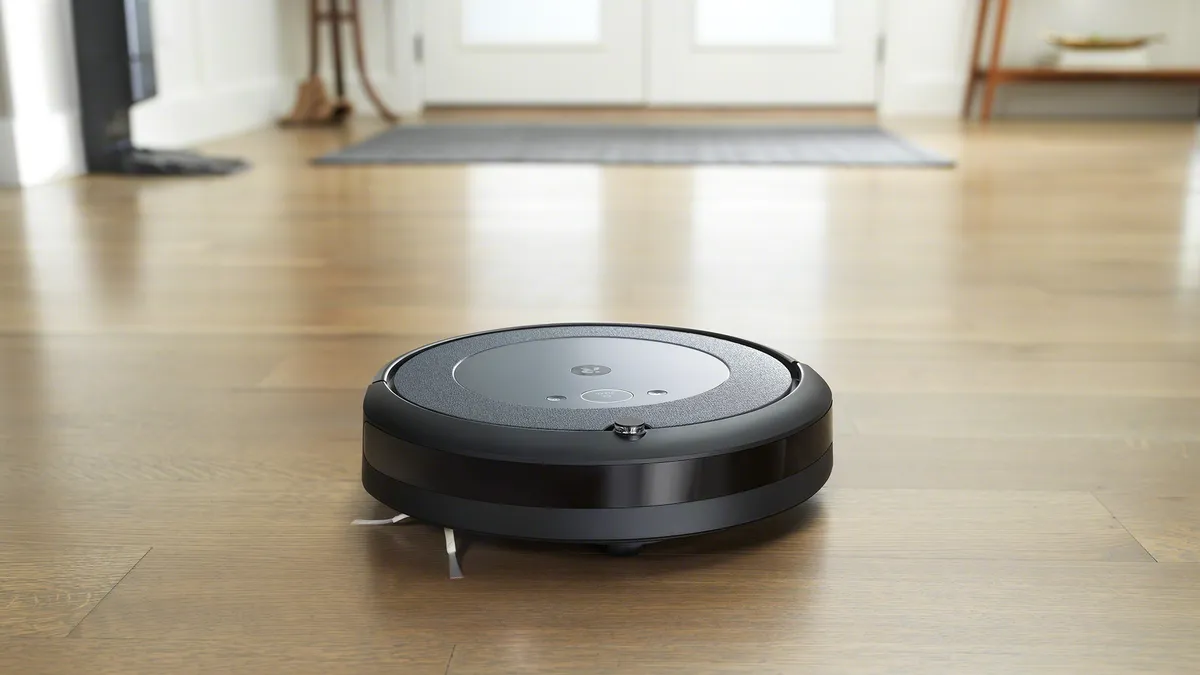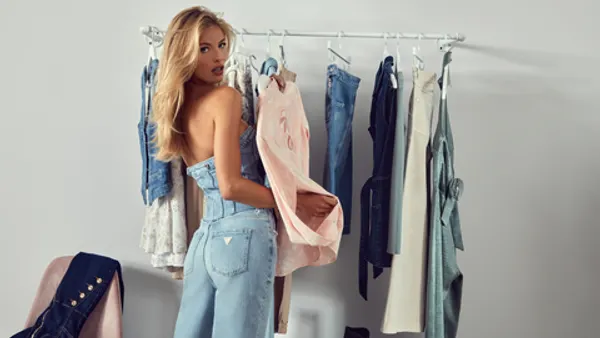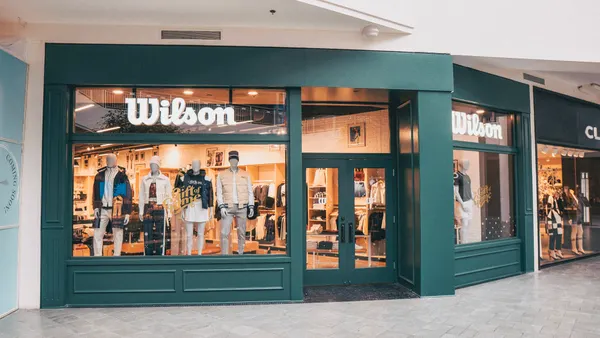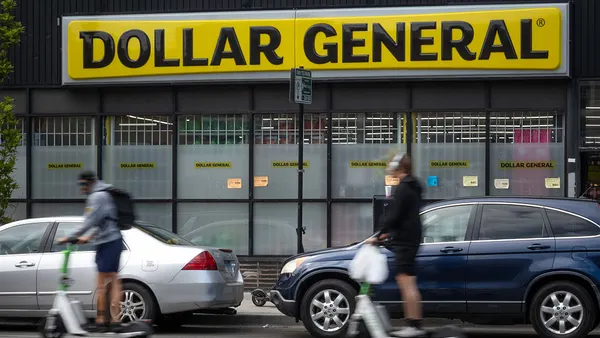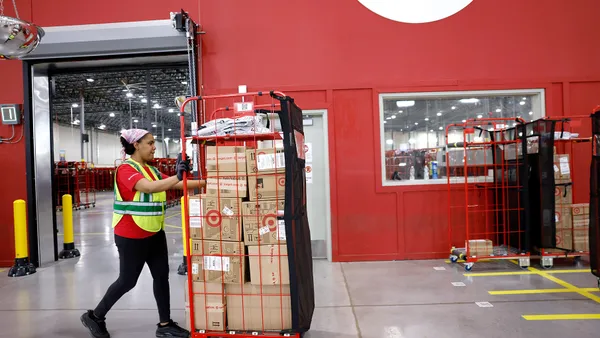Amazon and Roomba-maker iRobot have called off their proposed acquisition agreement, the companies said in a joint press release Monday.
In August 2022 they announced that Amazon would acquire iRobot for $1.7 billion in cash, and the Federal Trade Commission began looking into the proposed deal within weeks. Last year, the European Commission also opened an “in-depth investigation” into the proposed acquisition and by November had warned the e-commerce giant that its preliminary assessment was that it would run afoul of antitrust regulations.
Each company released statements expressing disappointment that their deal would not proceed, with iRobot announcing separately that it has immediately gone into restructuring mode.
David Zapolsky, Amazon senior vice president and general counsel, criticized the obstacles to the acquisition, saying that mergers and acquisitions help entrepreneurial companies like iRobot and, ultimately, consumers.
“Undue and disproportionate regulatory hurdles discourage entrepreneurs, who should be able to see acquisition as one path to success, and that hurts both consumers and competition — the very things that regulators say they're trying to protect,” he said.
The companies said they have signed a termination agreement; Amazon said by email that it will pay iRobot a $94 million breakup fee.
The end of the deal was a blow for iRobot, which on Monday also announced that Colin Angle has stepped down as CEO and board chair. Chief Legal Officer Glen Weinstein has been appointed Interim CEO, and Andrew Miller, lead independent director, has been appointed chairman. The company has also hired a turnaround expert, Jeff Engel, who has been appointed chief restructuring officer, reporting directly to the board and Weinstein.
By the end of March, iRobot will also lay off more than 30% of its workforce, about 350 employees, according to its press release.
The company is also slashing its expenses by reducing its real estate footprint, by closing various offices and facilities; cutting its research and development budget, in part through increased offshoring of noncore engineering functions to lower-cost regions; and reducing its marketing budget by about $30 million.
Moreover, iRobot said it will return to its original focus — floor care innovation — and pause all work unrelated to that, including air purification, robotic lawn mowing and education.



